NeuroTechnology Studio
A suite of advanced technologies to support the local research community
The NeuroTechnology Studio is a platform of advanced instrumentation and expert support for neuroscience research at BWH and other local institutions. Its primary mission is to advance understanding of brain function and brain disease by providing researchers with access to cutting-edge technologies, in areas that include microscopic imaging, histology, cell screening, molecular profiling, sequencing, cell metabolism, and medicinal chemistry.
These are critical technologies for modern neuroscience research, and they have seen rapid advances in the past few years. By providing shared access to state-of-the-art instruments, the NeuroTechnology Studio will ensure that our users can remain at the forefront of these new developments. In addition to equipment, the Studio’s expert technical staff provide training workshops and individual consultation to users, ensuring that they can use these powerful instruments to their full advantage.
The Studio was launched in 2017 and its platforms will continue to develop over the coming years, in response to the needs of the research community and the opportunities presented by new and emerging technologies.
The Studio is located in the BWH Hale Building for Transformative Medicine (HBTM). The studio has a dedicated space on the 7th floor that was opened in early 2019, and other instruments are housed on other floors within the HBTM.
In 2019 the Studio received official Mass General Brigham (MGB) Core Facility status, meaning its resources are available on a fee-for-service basis. Although our primary mission is to support BWH researchers engaged in neuroscience research, we also welcome investigators from other disciplines, including both internal and external users, subject to standard MGB policies on core facilities. Further details on booking and fees are provided here.
Decisions on future instrument acquisitions and other priorities are guided by BWH faculty members with expertise in the relevant technologies, who serve as representatives for the research community and its needs. For more information, please contact Charles Jennings, Ph.D, Executive Director, Program for Interdisciplinary Neuroscience (cgjennings@bwh.harvard.edu).
Watch a short video introduction to the Neurotechnology Studio.
New Developments
Multiplex Immunofluorescence Scanner
The studio has acquired a Orion Multiplex Slide Scanner, with support from a NIH S10 Instrumentation Grant to Sandro Santagata (BWH Pathology), who will serve as a technical advisor. The Orion instrument, one of only two in the Boston area, uses advanced optical technologies to separate 15 or more color channels in a single scan, enabling spatial mapping of multiple cell types within tissues. The instrument was installed in October 2024 and will undergo field testing over the coming weeks, with the goal of opening it to wider use by the end of the year. Prospective users can contact Charles Jennings for more information.
Multielectrode Array
In June 2024 we acquired an Axion Maestro Pro Multielectrode Array (MEA) System for continuous monitoring of electrical activity in neuronal cultures. The system is installed on the 9th floor of the Hale Building and is operated in collaboration with Susanna Mierau (BWH Neurology) who has also developed a publicly available computational pipeline for analyzing MEA datasets and revealing patterns of network activity in these ‘brain-in-a-dish’ culture models.
Dragonfly Spinning Disc Confocal
We have recently acquired a Dragonfly 600-SR Spinning Disk Confocal microscope from Andor (Oxford Instruments), which was installed in April 2024. The Dragonfly provides high-speed and high-sensitivity imaging with confocal capacity, and is well suited for live-cell imaging applications that require low phototoxicity/photobleaching and fast volume acquisition of large samples. The Dragonfly is also equipped with super-resolution (3D-SMLM) and TIRF capacity, making it a powerful and versatile instrument for imaging a wide range of specimens from subcellular structure to whole organism.
Chromium iX Controller
The Chromium iX was installed in September 2023 and represents an upgrade from our previous Chromium Controller. The iX allows users to partition large numbers of cells or nuclei into individual droplets for genomic analysis, and supports a wider range of assays than the earlier instrument, including analysis of single nuclei from FFPE samples.
qPCR
The Applied Biosystems QuantStudio 6 Pro was installed in July 2023 and provides real-time PCR with a variety of options, including both 96-well and 384-well blocks.
Zeiss Axioscan 7
The Zeiss Axioscan 7 Slide Scanner was installed in January 2023 and to our knowledge is the only instrument of its type in a Longwood-area core facility. It offers rapid and automated scanning of up to 100 slides, in both fluorescence and brightfield color imaging mode.
Leica CM 1950 Cryostat
This popular instrument was acquired in June 2022, and allows sectioning of frozen specimens up to 50 x 80 mm. It has a motorized automatic sectioning option, and also includes a convenient vacuum cleaning system. Users are responsible for providing their own blades.
MERFISH
In collaboration with the laboratory of Jeffrey Moffitt at Boston Children’s Hospital, we have established a MERFISH facility within the NeuroTechnology Studio. MERFISH (multiplex error-redundant fluorescent in situ hybridization) is a method for identifying, localizing and quantifying thousands of RNA species at cellular and subcellular level. Dr Moffitt was one of the coinventors of MERFISH during his postdoc in the lab of Xiaowei Zhuang at Harvard, and he continues to develop the method in his own lab at BCH. The MERFISH system in the Neurotechnology Studio closely mirrors the one in Dr Moffitt’s lab. Several pilot projects are currently underway, and our aim is to make this technology widely available to the NTS user community.
Last Updated on October 18, 2024 by PIN Admin


